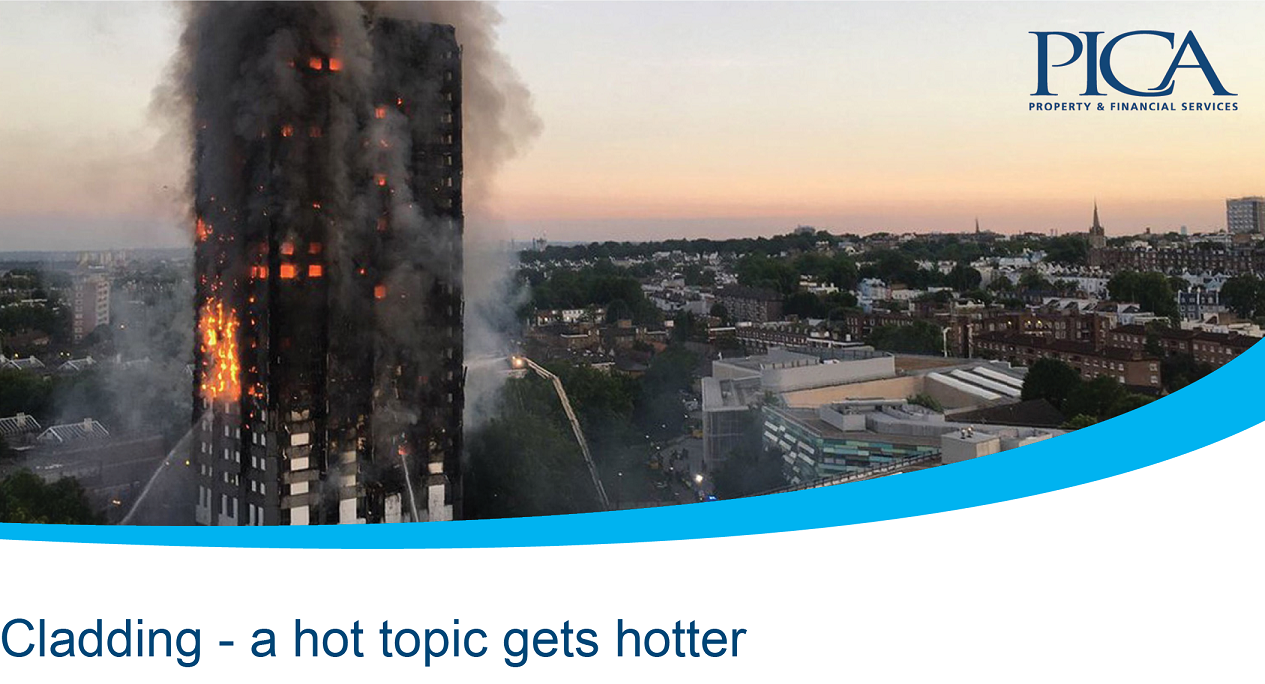
Recently we reported on combustible cladding and its role in the devastating London Grenfell Tower tragedy. Following state-based investigations by inter-government agencies, we know that the issue is also very relevant close to home in Australia – prompting awareness around the broader topic of fire safety in relation to building products. In New South Wales alone, a preliminary audit identified 1,011 buildings at risk.
In a recent announcement, New South Wales MP Matt Kean said, “…legislation going before parliament today would allow the Commissioner of Fair Trading to stop building products being used where they are unsafe,” and “companies which continue to use a banned product will be liable to fines of up to $1.1 million, with fines of up to $220,000 for individuals”.
The Queensland government is also being vocal on this topic. On 1 November 2017, the Queensland Building and Construction Commission Act 1991 (Qld) was amended to ensure building products are safe and fit for their intended purpose. Failure to comply could result in a manslaughter offence which carries up to 20 years imprisonment for an individual, and a fine of $10 million for a body corporate.
A Senate enquiry is expected to hand down a final report investigating non-conforming building products next month.
So how does all this affect you? Who pays for your building to be inspected? What do you do if it has combustible cladding? If the Australian government enquiry calls for a national audit of apartments, will you be ordered to remove non-compliant material and foot the bill?
A recent Four Corners episode has given further weight to this serious issue and showed that building industry regulations are currently inadequate to ensure that buildings are safe. Watch it here.
A Cabinet meeting was held on 2 November to refine the proposed ten-point fire safety reform plan. We’ll share more information on this once it’s released. In the meanwhile, here are some steps you can proactively take:
- Appoint an accredited fire engineer to conduct a fire safety assessment for your building.

- PICA Group is currently building a database of available contractors. Contact your strata manager if you need assistance with sourcing an accredited contractor.
- If any traces of combustible cladding are found, the strata committee should inform their insurance company immediately as the policy may need to be amended.
- Alternatively, please inform your strata manager who can liaise with your insurance company on your behalf.
- Don’t take unnecessary risks. Remember, it is a legislative requirement that your building is adequately insured, so for peace-of-mind ensure you have the right cover for your building.
For longer term rectification, we await the government’s findings and direction. We’ll keep you updated via our social media pages. Follow “PICA Group” on Facebook or LinkedIn.
